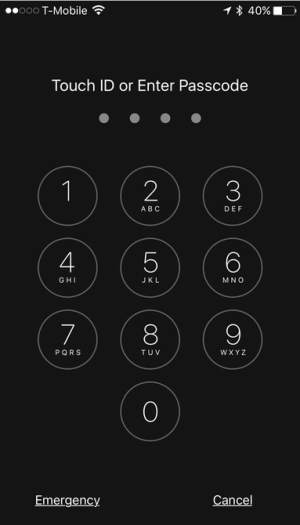
Eleven Pacific Rim nations and the US agreed Monday to the so-called Trans-Pacific Partnership pact—a secret trade accord backed by nations from Australia to Vietnam.
According to the Electronic Frontier Foundation, “The TPP contains a chapter on intellectual property covering copyright, trademarks, and patents. Since the draft text of the agreement has never been officially released to the public, we know from leaked documents, such as the May 2014 [PDF] draft of the TPP Intellectual Property Chapter [PDF], that US negotiators are pushing for the adoption of copyright measures far more restrictive than currently required by international treaties, including the controversial Anti-Counterfeiting Trade Agreement (ACTA) [PDF].”
Negotiating nations include the US, Japan, Australia, Peru, Malaysia, Vietnam, New Zealand, Chile, Singapore, Canada, Mexico, and Brunei Darussalam. Combined, the nations represent about 40 percent of the global economy. The secret accord took more than five years to produce and must be approved by the US Congress. In all, there are 30 chapters, and they won’t be made public for at least a month. Negotiating nations thought it would be better to bargain in secret than in public. There have been leaks, but the citizens of the countries negotiating the pact have deliberately been kept in the dark about it.




